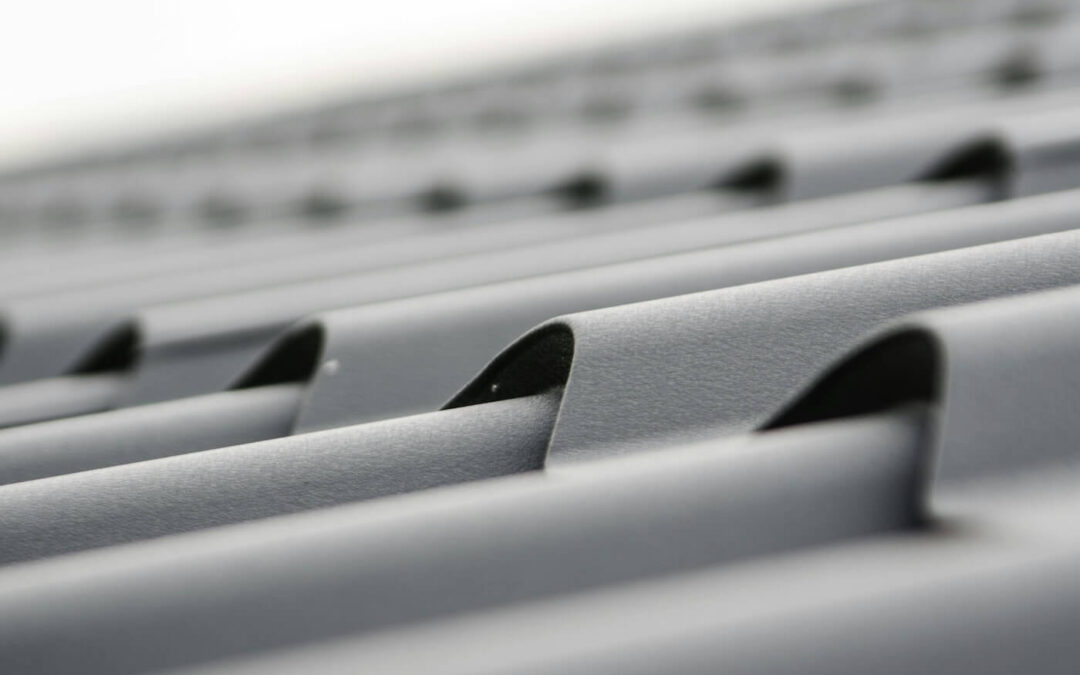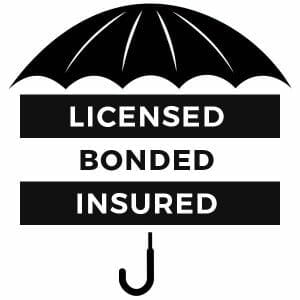Replacing a roof is a major investment for any property owner. Whether you’re managing a commercial facility or maintaining a rental portfolio, understanding the cost of a new roof in Colorado is essential for proper planning and budgeting. With the state’s elevation, unpredictable weather, and wide temperature swings, roofing systems in Colorado must be durable, energy-efficient, and professionally installed.
But how much does it actually cost to install a new roof in Colorado? The answer depends on several key factors, including the size and slope of your roof, the type of materials you choose, labor costs, the availability of easy-to-use financing options, and project complexity. In this guide, we’ll break down the typical costs of roof replacement in Colorado, what influences those prices, and what business and property owners should consider when planning a roofing project.
Average Roof Replacement Costs in Colorado
In general, the cost of a new residential roof in Colorado ranges from $10,000 to $50,000 or more, depending heavily on the type of property and roofing system.
For commercial flat or low-slope roofs, which are Integrity Pro Roofing’s specialty, prices can range from $6 to $12 per square foot, depending on the materials, accessibility, and size of the building.
Here’s a quick breakdown of average commercial roof costs based on common square footage:
- 10,000 sq. ft. roof: $60,000 – $120,000
- 20,000 sq. ft. roof: $120,000 – $240,000
- 50,000 sq. ft. roof: $300,000 – $600,000
For smaller-scale or residential properties (which we serve on a limited basis), asphalt shingle roof replacements typically cost between $10,000 and $15,000, depending on roof size and slope. However, Integrity Pro Roofing focuses primarily on commercial-grade flat and metal roofing systems designed for long-term durability.
Key Factors That Influence Roof Costs
The final cost of your roof replacement depends on a combination of variables. Understanding what affects pricing can help you make more informed decisions and avoid unexpected expenses.
1. Roof Size and Square Footage
One of the most obvious factors is the size of the roof. Commercial buildings with large footprints require significantly more material and labor. In roofing terms, prices are often calculated “per square,” with one square equaling 100 square feet. The larger the roof, the higher the total cost, though you may benefit from economies of scale.
2. Material Selection
The material you choose plays a major role in cost and performance. For commercial properties, common options include:
- TPO Roofing: $6 – $9 per square foot
- PVC Roofing: $7 – $10 per square foot
- EPDM Roofing: $5 – $8 per square foot
- Flat Metal Roofing: $8 – $12 per square foot
Each system has unique benefits, from energy efficiency to chemical resistance, and your choice should align with your building’s use, climate demands, and long-term maintenance goals.
3. Roof Accessibility
Suppose your roof is difficult to access, such as in multi-story buildings or with limited loading zones, labor and equipment costs may increase. Cranes, scaffolding, or debris chutes may be necessary for safe and efficient installation.
4. Roof Slope and Design
Flat and low-slope roofs are generally easier and faster to install than steep-slope systems, but complexity still matters. Features like skylights, HVAC units, and drainage systems can add to the time and cost of a project.
5. Existing Roof Tear-Off or Overlay
If the existing roof needs to be completely removed before installing the new system, that adds labor, time, and disposal costs. In some cases, a roof overlay (installing a new layer over the old one) may be an option, but that depends on local building codes and the condition of the existing roof.
6. Permit and Code Compliance
Each municipality in Colorado has its own building code and permitting requirements. Compliance can add administrative time and occasionally require upgrades, such as fire-rated materials or additional insulation.
7. Weather Conditions
Colorado’s climate can impact project scheduling. Sudden hailstorms, heavy snow, or rapid temperature swings may delay installations or require additional moisture barriers to protect your structure during construction.
Why Costs in Colorado Are Unique
Colorado presents unique roofing challenges that affect costs. At higher elevations, UV exposure is stronger, and roofs take more damage over time. That means property owners benefit most from high-performance roofing materials like TPO, PVC, or flat metal systems that can handle solar radiation and temperature shifts.
In many parts of the state, hail and wind damage are major concerns. That’s why many Colorado businesses are moving away from traditional materials and toward impact-resistant roofing systems with reflective coatings and longer warranties.
Commercial Roof Installation: What to Expect
The installation process for a commercial roof generally includes:
- An initial roof inspection and project estimate
- Permitting and planning based on building code requirements
- Tear-off of the existing roof (if necessary)
- Substrate repair and preparation
- Installation of insulation and vapor barriers
- Roofing system installation (membrane or panels)
- Sealing, flashing, and edge finishing
- Final inspection and warranty documentation
At Integrity Pro Roofing, we work closely with building owners and facility managers to develop timelines that minimize disruption to operations and ensure on-time, on-budget completion.
Is a Roof Replacement Worth the Investment?
While the cost of a new roof may seem steep, it’s often one of the most valuable long-term investments you can make in your property. A new roofing system can:
- Prevent water damage and interior repairs
- Reduce energy bills through better insulation and reflectivity
- Improve property value and tenant satisfaction
- Lower maintenance costs by eliminating chronic issues
- Provide peace of mind with long-term warranties and better protection
If you’re seeing signs of roof deterioration — leaks, sagging, discoloration, or frequent repairs — it may be time to evaluate the total cost of ownership and consider a full replacement.
Ready to Get Started?
If you’re considering a new roof for your commercial property, Integrity Pro Roofing is here to help. Contact our team today to schedule your free consultation and receive a custom quote based on your building’s size, structure, and needs.
We’ll walk you through your options, answer your questions, and make sure you have the information you need to move forward with confidence.






